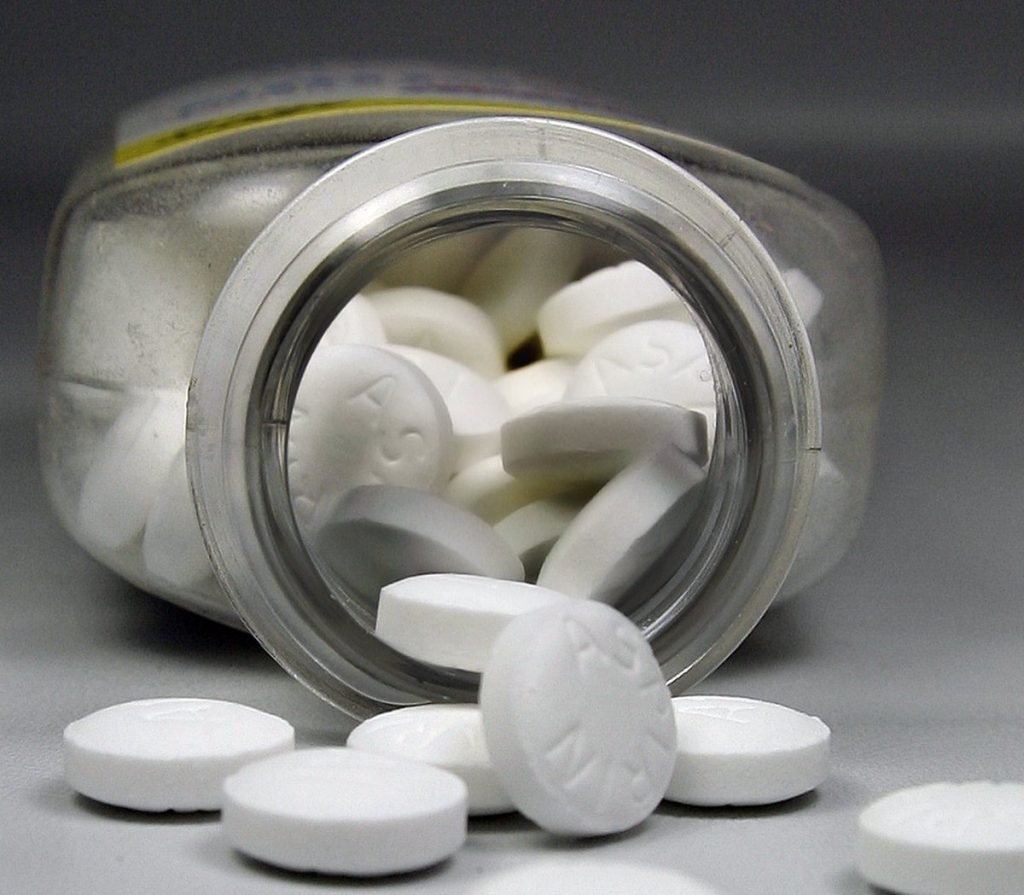When Are Antipyretics Drugs Used?

Antipyretics drugs are drugs whose chemical composition is intended for the control of fever in the body since they have the ability to restore body temperature to normal levels after an infection has occurred. Antipyretics drugs are also known as antipyretics or antifebrile.
Some antipyretics drugs have analgesic and anti-inflammatory properties that reduce the general malaise with which the fever is usually accompanied; however, although they are effective in lowering the temperature, the disease does not completely disappear with its single action.
When are Antipyretic Drugs Used?
Remember that fever occurs when the immune system identifies pathogens and activates certain mechanisms of the hypothalamus that cause the temperature to exceed its normal level. A person can be considered to have a fever when, when measuring their body temperature, it is higher than 37 ° C.
Although it has been the bad habit of administering these drugs to any degree of fever, the truth is that it is not the most indicated. The decision of what type of antipyretic to use is based on its mechanism of action, pharmacodynamics, effectiveness and side effects. Therefore, antipyretics should be prescribed exclusively by a physician.
In mild fever cases, ie when the fever is below 38 ° C, the use of antipyretics is not recommended to reduce fever. Although antipyretics control the fever, it is essential to address the cause of origin to ensure that the patient recovers.
Classification of Antipyretics Drug
Depending on the composition and properties they present, the antipyretics drugs can be classified into 4 groups: salicylates, pyrazolones, paracetamol and propionic acid.
Salicylates

Salicylates have analgesic, antipyretic and anti-inflammatory action. This group belongs to aspirin.
- These drugs produce irreversible inhibition of platelet cyclooxygenase by acetylation.
- The oral dose of salicylates produces effects within half an hour and their effects may extend up to 6 hours.
- Salicylates should be used with caution, as they may cause poisoning.
- It is contraindicated in the following cases: varicella, postoperative and in people with the antecedent of gastroduodenal ulcers.
Pyrazolones
Pyrazolones are used for the treatment of fever when there is a pain since they are analgesic and antipyretic.
- Among the most popular are metamizole or dipyrone.
- Pyrazolones act similarly to aspirin, but their anti-inflammatory effects are far-reaching.
- It is not advised to use it for the treatment of rheumatic diseases due to its side effects.
- In some countries, pyrazolones have been withdrawn from the market because they can cause agranulocytes and aplastic anemia.
- At high doses, pyrazolones cause liver and kidney toxicity as well as allergic reactions.
Paracetamol

Paracetamol, also known as acetaminophen, has antipyretic and analgesic properties and has been consolidated as a first choice drug.
- It inhibits more selectively the cyclooxygenase pre-optic area of the hypothalamus (COX3).
- It does not damage the mucosa of the stomach, so it can be administered in patients with gastrointestinal problems.
- Abuse of its consumption can produce hepatic insufficiency.
Propionic acid
Medications derived from a propionic acid, such as ibuprofen, have analgesic effects similar to those of aspirin, but their anti-inflammatory and antipyretic action is lower.
- It is part of non-steroidal anti-inflammatory drugs (NSAIDs) and is frequently used in the treatment of muscle and joint pain.
- Propionic acid is rapidly absorbed from the gastrointestinal tract and its administration can be performed every 6 to 8 hours.
- Excessive intake of this type of drug can cause toxicity, which in turn produces: nervousness, diarrhea, vomiting, and constipation.
- In more severe cases, these types of drugs are related to hepatic and renal insufficiency.
Recommendations for the Use of Antipyretics

Antipyretics drugs should be used only when the fever exceeds 38ºC. In addition, when administering them, it is important to consider some precautionary measures:
- They should be consumed with water, never with coffee, soft drinks or alcoholic beverages.
- People with gastritis, ulcers or digestive conditions should only ingest antipyretics harmless to the stomach mucosa, such as paracetamol.
- In case of pregnancy and lactation should be avoided, or consult the doctor before doing so.
- People with a history of allergies and kidney problems should avoid their use.
- Children with chickenpox or influenza should not take acetylsalicylic acid medications because they are related to the onset of Reye’s syndrome.
If the fever is mild (feverish) it can be treated with physical methods such as cold water cloths or baths.














